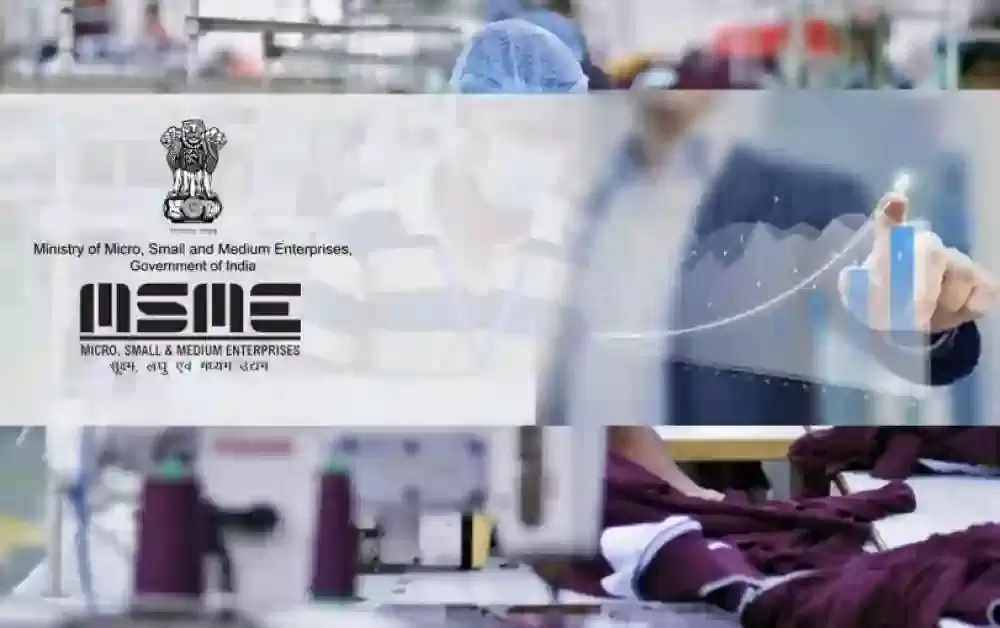
Get a Quote
Get a Quote and Find Services to Fit Your Needs 50000+ Satisfied Clients
5000+ Licenses & Registration
15 Branches across India
75 Years + Combined experience


Explore the history of the classic Lorem Ipsum passage and generate your own text using any number of characters, words, sentences or paragraphs.
What seemed like a mild annoying breeze of disease back in January became a tsunami by March. The Coronavirus pandemic, which is now in full-throttle has uprooted several businesses and financially damaged many others. The losses are behemoth and the economies and enterprises suffering are many. The biggest victims of this pandemic are the MSMEs – small enterprises that were just starting to rise up in the business crowd.
Thankfully, the government is not without heart, for it has announced a New Debt Scheme. It’s known as “Distressed Assets Fund- sub-ordinate Debt for MSMEs” and it’s expected to provide benefit to more than 2 lac MSMEs. In this article, we analyze the scheme and its impact on MSMEs and employment.
MSMEs or Micro, Small and Medium Enterprises are the backbone of Indian economy. They are the living proof that through innovation, tenacity and some help, anyone can establish a successful business. That is the main reason why MSMEs should be protected during the pandemic, but it’s not the only one.
Subordinated debt is a class of unsecured loans – becoming payable only after the claims of other secured creditors have been met. The devastative impact that COVID-19 has had on the MSMEs has left many of them without any assets, but a lot of liabilities. Thus the MSMEs need subordinated loans which will help them repay their secured creditors while moving the MSME forward. Other reasons are:
The government has furnished several details regarding this scheme and all of them are difficult to understand. Thus, we have made it simple for you to comprehend and implement:
Following are the advantages of subordinated debt for promoters:
In this blog, we have given you our analysis of how subordinated loans can help your MSMEs. We will keep on updating as stimulus package becomes more understandable.
People Also Read: Benefits of Udyam Registration

Hey there, I'm Dushyant Sharma. With the extensive knowledge I've gained in past 8 years, I have been creating content on various subjects such as banking, insurance, telecom, and all the important registration and licensing processes for various companies. I'm here to help everyone with my expertise in these areas through my articles.

